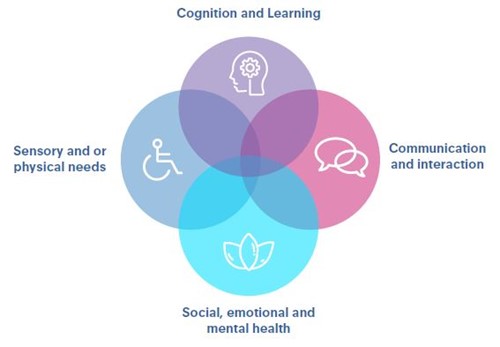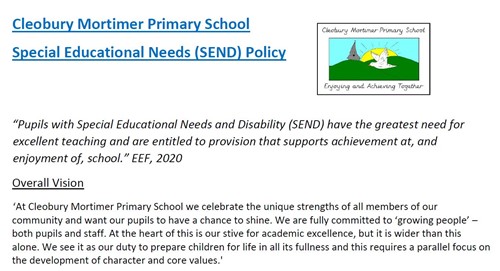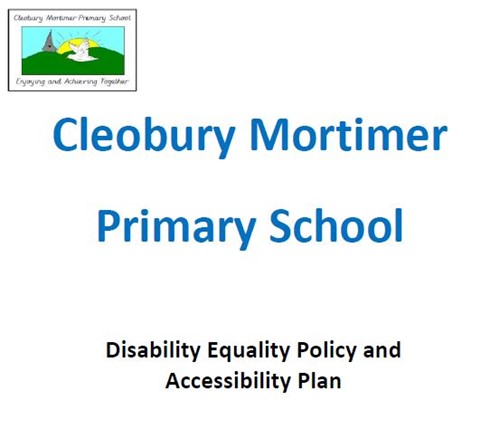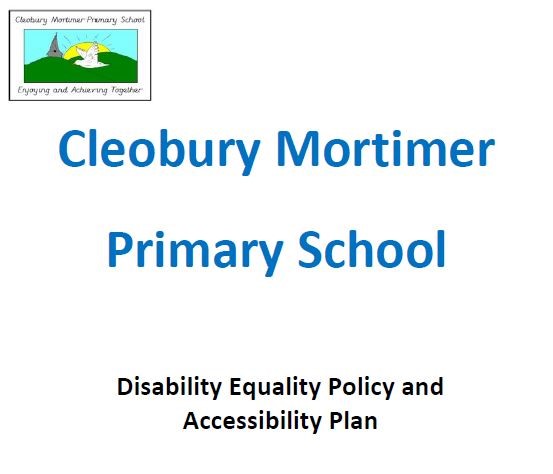You will receive termly reports from your child’s class teacher and are always welcome to make an appointment to see the class teacher, SENCO or Headteacher to discuss your child’s progress.
Class teachers act on information from:
I. previous school setting
II. concerns expressed by parents
III. concerns expressed by staff
to identify pupils who are not making sufficient progress or who have needs which are affecting their ability to engage in learning activities.
After discussions with parents, additional support can be put into place to provide targeted support to help overcome any difficulties. The views of the pupil him/herself will be given consideration.
In consultation with the SENCO and parents, actions can be agreed with the aim of reducing barriers to learning and ensuring that good progress is made. The intention is always to aim to reduce any attainment gap and ensure that each child is able to understand and apply good learning behaviour.
When external agencies are involved, their advice and recommendations are included in support programmes. Actions agreed take into account each pupil’s strengths as well as their difficulties. Support is deployed to ensure your child can engage in lessons and wider school activities and to facilitate independent learning to support transition to adulthood.
The impact of support offered is considered along with the progress towards targets set. Support arrangements will be updated and revised accordingly. If not involved already, this might include referral to external agencies.
If your child is continuing to have significant difficulties, further external expertise may be requested. If this additional support does not bring about an improvement, additional funding is available for children who meet the criteria. This can be accessed using the Local Authority process and the guidance in the Banded Funding Criteria. Where this is agreed, an Education, Health and Care Plan will be drawn up and implemented with other professionals where appropriate. Further details about this process will be explained in the LA Local Offer. Annual Reviews provide detailed information on how children who have a ‘Statement of Educational Need’ or an ‘Education, Health and Care Plan’ are progressing towards meeting their targets. This process involves the pupil at the core, parents, teachers, SENCo and professionals.
Test Access Arrangements
For some pupils additional arrangements and adjustments can be made to enable them to fully access tests. This might include additional time, rest breaks or the use of a scribe or word processor. Applications for all such arrangements need to be made by the school following a nationally applied process. The SENCO can inform you about eligibility for these arrangements.






